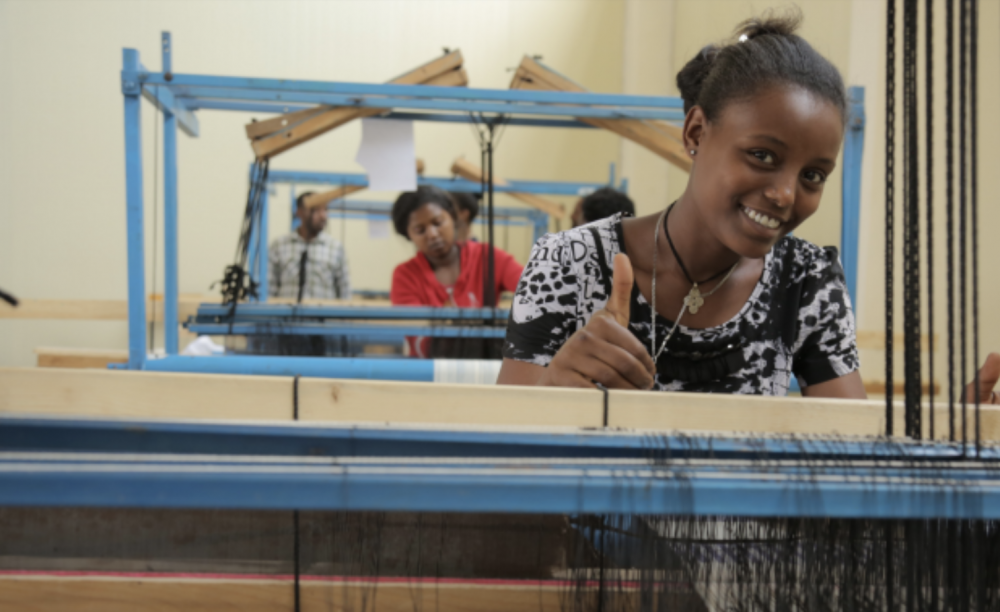The term artisanal has grown in use and gained cache to describe products in certain categories such as food, clothing, lifestyle, and home decor. Artisanal manufacturing, also referred to as creative manufacturing, is the production of high quality products in relatively limited quantities by skilled workers (artisans) using traditional methods. Artisanal products are popular around the world and available in many different venues, from online retailers like Etsy to local flea markets. Artisan-made products have natural variations that impart character and create an intimacy for consumers with the maker. The growing popularity of such products is a reflection of global consumers’ need for such unique connections that they miss in mass produced products. What is not recognized as commonly is that artisanal products have a vastly positive impact on the environment. This stems from the use of regenerative materials as well as less harmful production methods. But further, it can be argued that artisanal products derive their impact by influencing consumers and producers to act in less wasteful ways.
Mass production of products typically takes place in centralized factories and employs high degrees of mechanization and automation. The carbon footprint of mass production is high due to its energy intensive methods and the high need for worker transportation. Mass production causes further environmental damage from high particulate emissions, water usage, and physical waste that goes to landfills.

Artisanal production is largely done by hand and with the use of handheld tools. While some of these tools require power, this production process consumes much less energy than mass production, meaning less use of fossil fuels. Additionally, the very nature of small batch production employed by artisans generates less waste in the process. Further, small batch production is more amenable to implementing just-in-time and lean manufacturing principles, making it less susceptible to over production of finished goods. Particularly, fast fashion categories such as apparel face severe problems of waste from mass production. Annually, global textile waste is over 13 million tons, and each consumer disposes off 70 pounds per year.
This brings up another environmental factor in favor of artisanal products, and that is their longevity. Artisanal products have much longer usage than mass produced products for two reasons. First, they are better made by skilled craftspeople using longer lasting materials. As a result, these products experience slower wear and tear. Second, by forging a connection with consumers, artisanal products often become prized possessions that are enjoyed for longer periods of time.
The environmental benefits of artisanal production make it an increasingly important tool as the world grapples with climate change in the years to come. The good news is that consumer tastes are likely to favor artisanal products more and more. Individuals can help by supporting artisans and purchasing their products that are built to last, and are better for the environment.
0 Comment
Leave a Reply